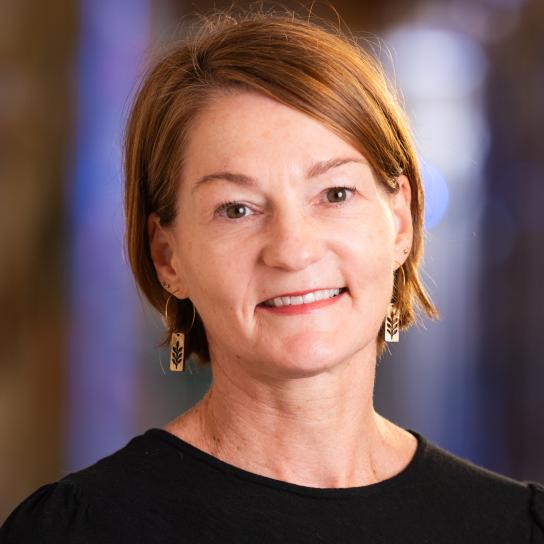by Beth Staats
Quick Summary
My interest in instruction and services for older adults within the library has grown with my experience in offering classes on the ELM resources to this audience. For this reason, I found Joyce Yukawa’s presentation, “Finding the Fires that Burn Within: A Community-Based F
Body
My interest in instruction and services for older adults within the library has grown with my experience in offering classes on the ELM resources to this audience. For this reason, I found Joyce Yukawa’s presentation, “Finding the Fires that Burn Within: A Community-Based Framework for Developing Older Adult Services,” extremely informative and interesting. Joyce has been working on a course relating to older adults and the Internet and specifically how we can engage boomer communities within the library. There is a growing population of older adults and these baby boomers have a huge array of interests from financial planning to health. Joyce feels that the demand for more services is there if we can inspire this population to support the library.
Boomers are living longer, they are healthier, more educated and computer savvy. They are mobile in careers, relationships and roles, and they want flexibility and choices. As library volunteers, boomers are motivated by wanting to make an impact and leave a social legacy. They have passion for a cause and are eager to use skills they learned in the workplace when volunteering. This population wants lifelong learning opportunities through volunteering. On the other hand, the library management tends to recruit volunteers to fill day-to-day basic and routine tasks. Volunteers are oftentimes told what to do and when to do it. Perhaps this is why 3 out 10 volunteers don’t return the 2nd year. There are mismatched expectations between management and baby boomers.
Joyce stressed that we need to build sustainability by volunteers and staff working and learning together. She focuses on a community approach to volunteering by following these principles:
1) Be volunteer- and library-centric
2) Do good work:
- Develop and promote a new vision of volunteering to further the libraries mission
- Provide flexible, negotiable roles for volunteers
- Inspire volunteers with the mission and the impact their work can have
- Empower volunteers to give feedback, take initiative, and recruit others
3) Build a learning community:
- Make a measureable difference to the community
- Plan, implement and be accountable as a volunteer-staff team
- Start small with well-managed pilot projects
- Use volunteer talents creatively
- Appreciate volunteer work appropriately
A. Create an environment that…
i. Encourages open communication
ii. Values diverse perspectives
iii. Celebrates successes
iv. Supports risk taking
B. Provide opportunities for…
i. Sharing expertise
ii. Professional development
iii. Taking leadership
By being library-centric and volunteer-centric, you may reap many rewards including capacity building and sustainability. Volunteers can gain a better understanding of the library and provide momentum for future volunteer activities. The library gains loyal and enthusiastic supporters who advocate for the library. Library staff can also gain expertise from volunteers and vice versa. You can access more information on Joyce Yukawa and her MLA presentation at http://www.jyukawa.com/main/.